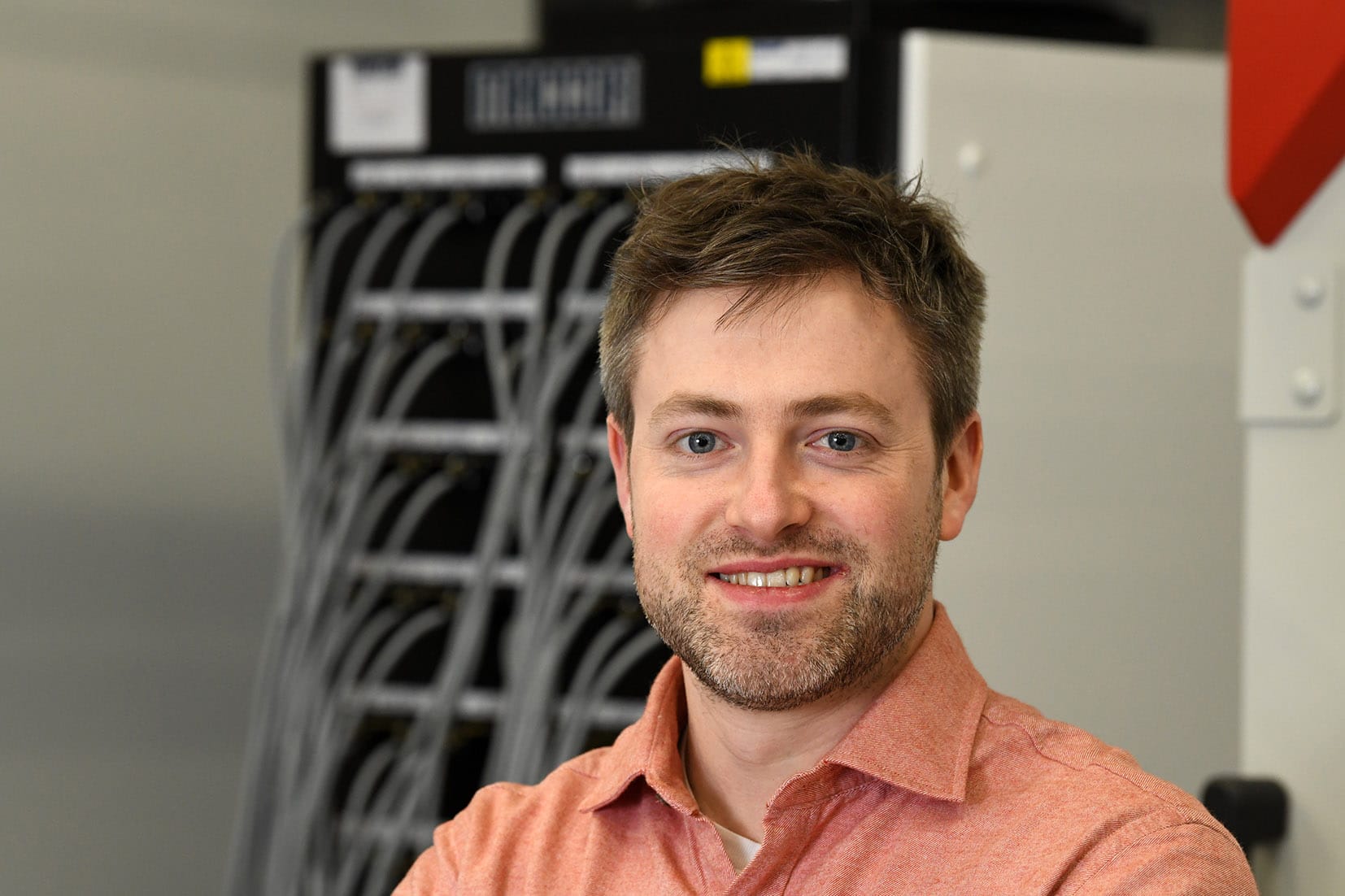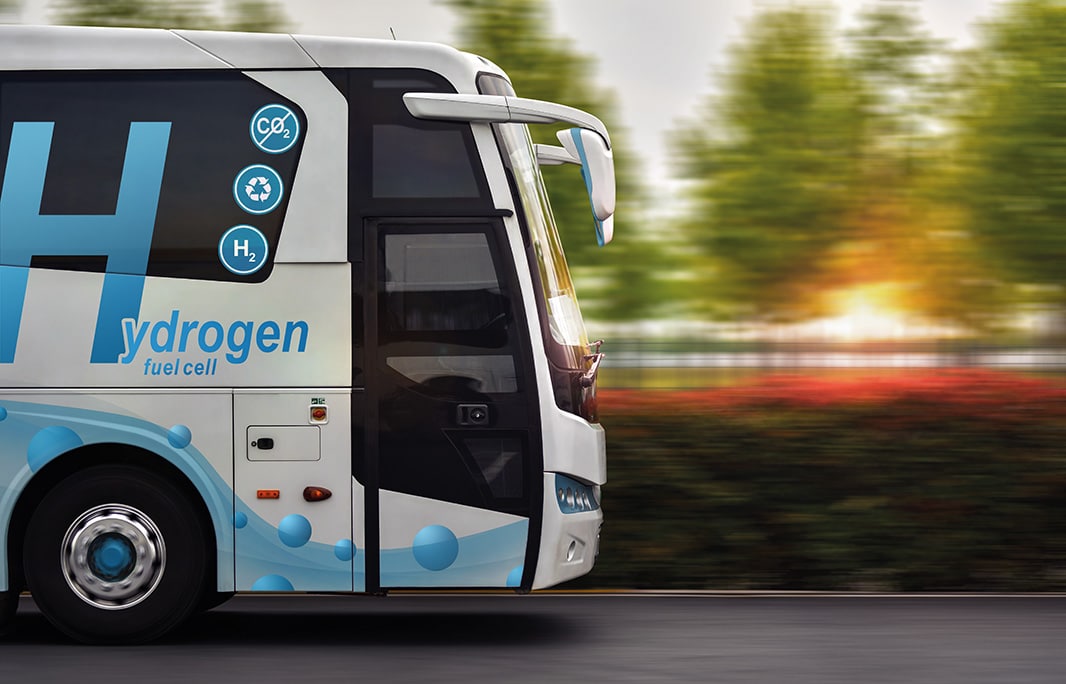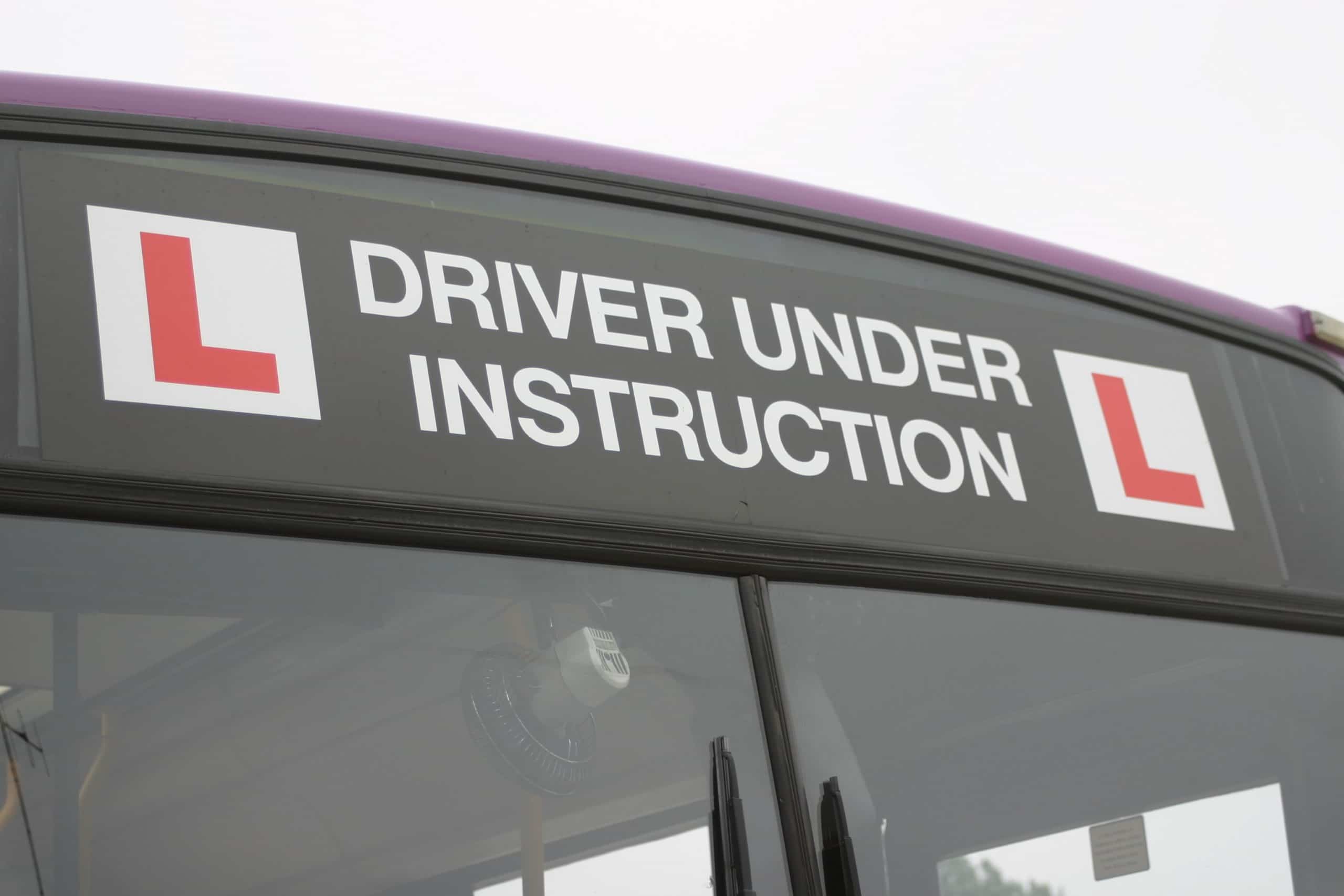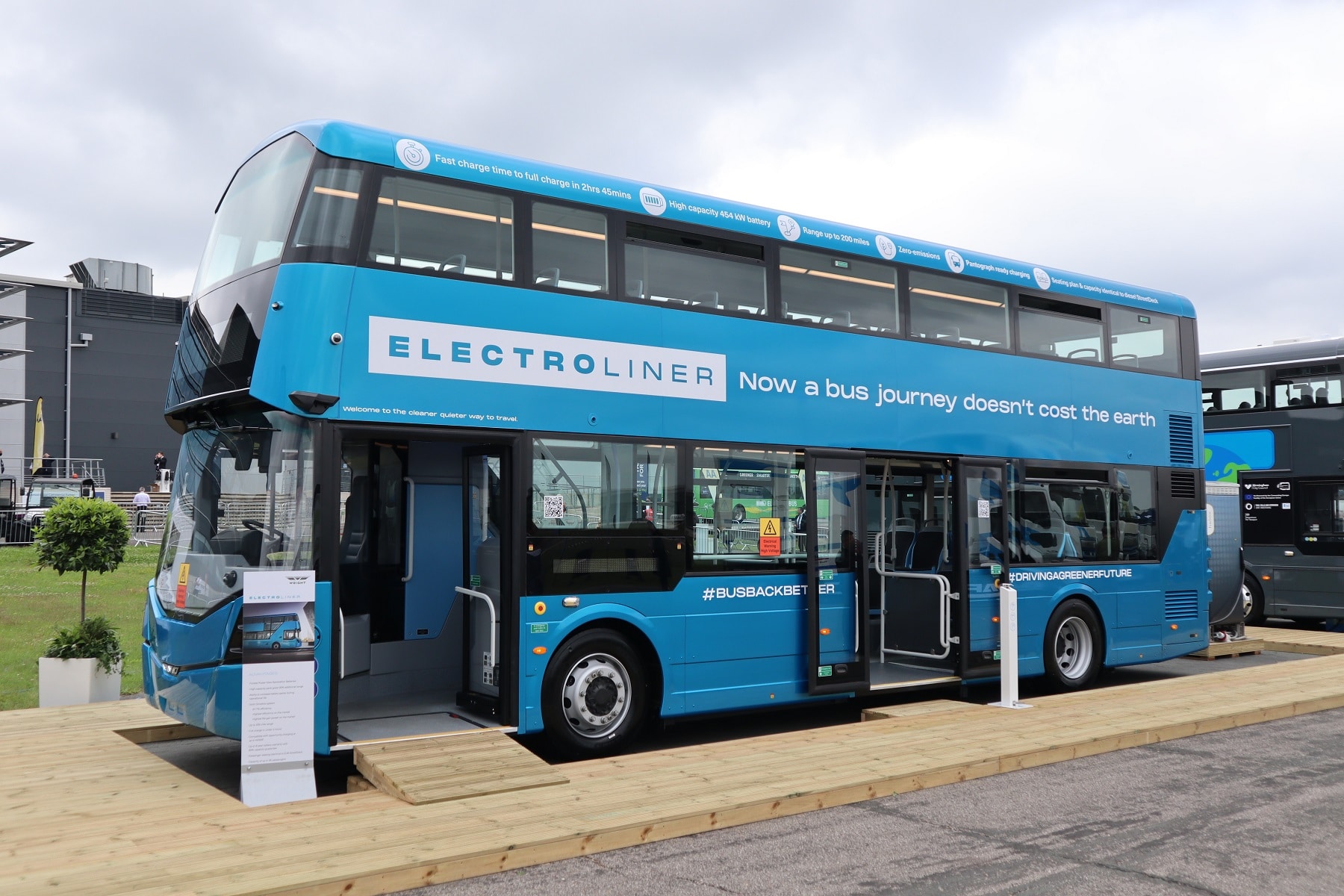The EU-funded CoacHyfied project got underway earlier in 2021. As a five-year programme, its aim is to develop and demonstrate hydrogen fuel cell-electric power in the coach market for both regional and long-distance applications.
CoacHyfied will capture new and retrofitted vehicles, and a key element of the project is the real-world use of both before it completes in December 2025. That testing will take place in Latvia and southern France to provide a broad range of environmental conditions.
Maximising the range of hydrogen-fuelled coaches forms a central part of CoacHyfied. Coventry University will make a significant contribution to those efforts. Its Centre for Advanced Low Carbon Propulsion Systems (C-ALPS) is responsible for work on the thermal management technology used by the project.
Thermal management is as yet of little note in a coach world that is dominated by diesel. But for alternative energy sources, it is of great relevance. In CoacHyfied, C-ALPS’ mission is to maximise the efficient use of waste heat generated by the fuel cell. Utilisation of that energy to maintain the saloon temperature will influence range by reducing the amount of electricity drawn directly from the fuel cell for the same purpose.
Fuel efficiency target set for hydrogen coach project
Dr Oliver Curnick, Associate Professor in Electrochemical Power Sources at C-ALPS, is heavily involved in the Centre’s work on CoacHyfied. He already believes that in the long term, hydrogen will be a highly suitable energy source for coaches. It looks unlikely that all coach applications will be viable using battery-electric propulsion. “Hydrogen fuel cell-electric technology is well placed to fill that gap,” says Dr Curnick.

That is down to the realities of battery chemistry, he continues. CoacHyfied has set a fuel consumption target of 10kg of hydrogen per 100km. Dr Curnick believes that is achievable, and that it may even be beaten by a small margin.
The project has two targets for range: 400km on some vehicles, 600km on others.
He cautions that there is significant weight in the hydrogen storage system, to the extent that it may weigh up to 1,000kg when fully fuelled. Even so, to obtain a 600km range from a battery-electric coach would require several tonnes of energy storage.
Hydrogen coach ‘more challenging than a bus’
Some learnings from work on hydrogen fuel cell-electric buses are being carried into CoacHyfied, but Dr Curnick notes that the creation of a viable hydrogen coach “is a much more challenging beast.” Range requirements are a factor, but so is packaging and – key to work by C-ALPS – the requirement for cabin heating, ventilation and air-conditioning (HVAC).
Integrating the fuel cell into a coach is challenging when the draw of a HVAC system is considered. The simplest way to power it would be to draw electricity generated by the fuel cell, but that would come with a range penalty. A more nuanced approach is thus required if the fuel efficiency target for CoacHyfied is to be met.
“The fuel cell is not 100% efficient; it typically runs at around 60% efficiency,” says Dr Curnick. That leads to the generation of waste heat. “We are taking that and developing ways to run the cabin heating system with it.” Such an approach is not a novel use of waste heat. It exists already in zero-emission bus applications. But C-ALPS’ work goes beyond that.
Thermal sink work a major factor in energy efficiency
“What we are doing in addition is developing technology and techniques to generate a thermal sink, or a source of cold, from that waste heat so we can drive the air-conditioning from the fuel cell.”
That will allow the cabin to be cooled without any additional burden on the fuel cell’s electrical output. Operators will be aware that a conventional, electrically driven air-conditioning unit fitted to a diesel coach is a significant consumer of energy.
C-ALPS is exploring various technologies to generate cooling capability from waste heat. “Those range from absorption refrigeration, which is a fairly well-understood mechanical refrigeration technique, to using more exotic systems such as metal hydride materials,” he continues.
Metal hydride materials can absorb and store hydrogen gas, releasing heat in the process. They also work in reverse, i.e. they absorb heat when the stored hydrogen is released. That effect can be exploited to provide a heat source or a heat sink, depending on the needs of the HVAC system at any given time.
Work at Coventry is helping to define the future of coaches
Work is also proceeding apace elsewhere on other aspects of CoacHyfied. While nothing is certain for a project that is the first of its kind in Europe, Dr Curnick says that C-ALPS and other partners are confident that CoacHyfied will deliver on its targets.
One early challenge has been to identify a suitable drive axle. Those that are available currently do not suit use in a high-floor application. Additionally, enabling the certification of retrofitted coaches with roof-mounted hydrogen storage may require work in other areas.
That aside, the prognosis for CoacHyfied looks good. It is a staged project that has meaningful targets in terms of range and energy consumption, and it will deliver significant learning. With hydrogen set to play a prominent part in the long-term future of the coach industry, the work being done by C-ALPS in Coventry and other partners is – quite literally – helping to define the future of the sector.
This project has received funding from the Fuel Cells and Hydrogen 2 Joint Undertaking (JU) under grant agreement number 101006774. The JU receives support from the European Union’s Horizon 2020 research and innovation programme and Germany, Denmark, United Kingdom, Austria, France, Netherlands, Latvia, Turkey.





























